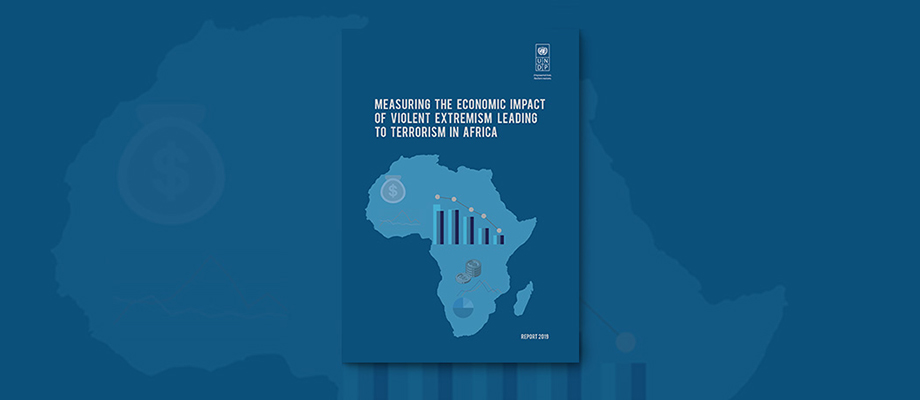Client: UNDP, Ethiopia
Background:
The fundamental purpose of this research is to produce a new body of evidence on the economic impacts and trends in these impacts of violent extremism in the UNDP’s 16 focus countries, including spending on counter-terrorism efforts, and how these impacts affect conditions of living for women and men.
Focus counties include countries include Nigeria, Tanzania, Central African Republic, Niger, Uganda, Kenya, Ethiopia, Senegal, Mali, Burkina Faso, Chad, Cameroon, Tunisia, Morocco, Mauritania, Somalia, Sudan and Libya
Research questions included:

Solution:
Research to generate empirical evidence from desk-based research and fieldwork that addressed the priority areas outlined in the ToR:
The research design analysed evidence at a macro-level for all 16 focus countries of the UNDP’s “Preventing and Responding to Violent Extremism in Africa: A Development Approach”, and in addition analysed at a deeper level evidence in an epicentre country and a spill-over country.
This combined approach, using quantitative and qualitative data, will allow the development of a thorough body of research where the mechanisms underlying macro-level trends can be unpacked.
The fundamental approach to costing the economic impact of violent extremism will utilise and build on IEP’s methodology for the economic valuation of violence and violence containment: a cost accounting method developed and refined over a ten year period, which to date is the world’s leading assessment of the cost of conflict and terrorism.
Macro level statistics were collected and analysed from reputable data sources including the Global Terrorism Database (GTD), the World Bank (WB) and the International Labor Office (ILO). In addition in case study countries, statistics were collected from national statistical offices where applicable.
Qualitative data was generated during a field visit, through focus group discussions and semi-structured interviews.
The 16 countries of focus for the UNDP’s project on violent extremism formed the basis of the macro-level analysis and data collection, to the extent it was possible. In addition to this, the research will focus on two case-study countries – Nigeria, as an “epi-center” country, and Kenya as a “spill-over” country.
Nigeria and Kenya are strongholds of Boko Haram and Al-Shabbab, two of the largest and well resourced terrorist organisations in the world. Additionally, Nigeria is Africa’s largest economy, while Kenya ranks 9th in 2016, meaning that the magnitude of any economic impact from violent extremism is potentially huge with resulting implications for living conditions for their populations.
Outcomes:
IEP produced a 50 page report which highlighted key findings and policy implications, emphasising the need for integrated strategies to address the economic repercussions of violent extremism and promote sustainable development in the African context.
The study examined the impact of attacks on infrastructure and physical damage, formal and informal economies, and of ‘security spending’ on development processes. The report covered various aspects related to the economic consequences of violent extremism in Africa.
It examined the financial ramifications of terrorism on the continent, providing insights into the economic consequences resulting from acts of violent extremism. It also discussed the relationship between violent extremism and the formal economy, offering insights into how acts of extremism impact and interact with established economic structures on the continent.
The report explored the dynamics between expenditures on security and development, shedding light on the trade-offs and implications for economic development in the context of combating violent extremism on the continent.